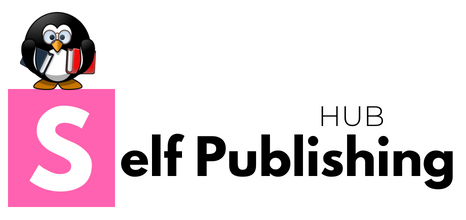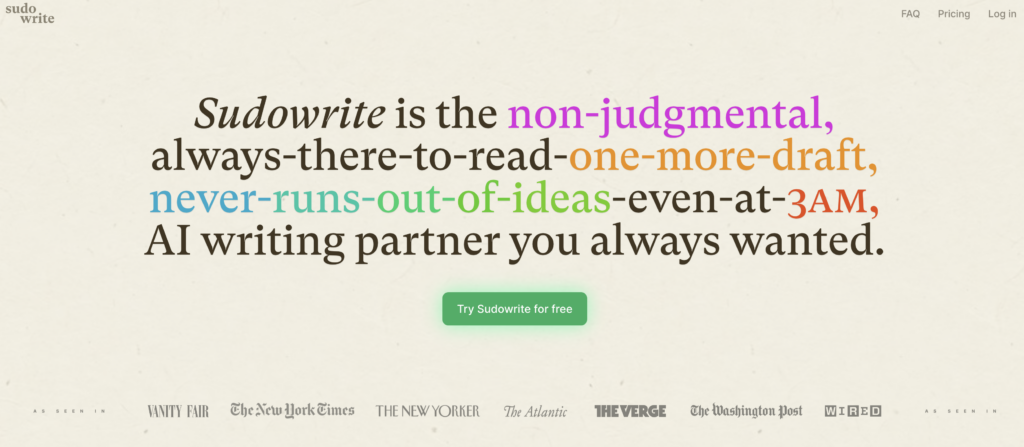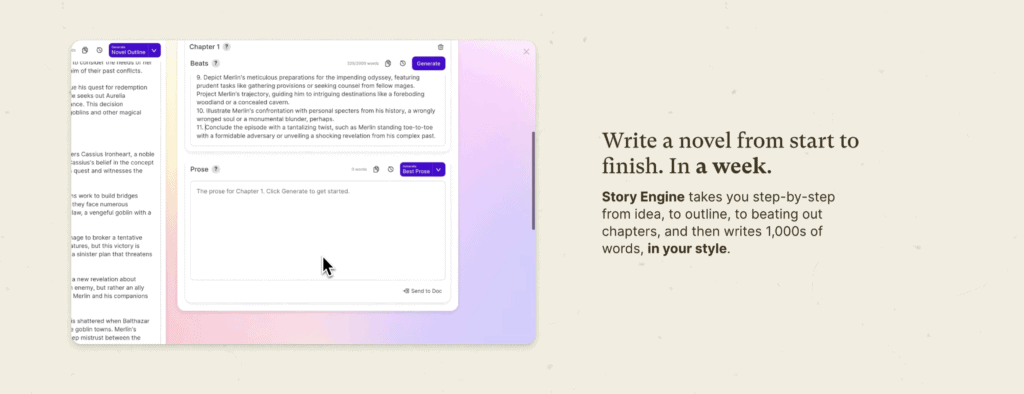Article Topics
#7- Tone as an Element of Fiction
The next element of fiction we will discuss in this section is Tone.
What is the definition of “Tone” as an Element of Fiction?
Tone can be thought of like the author’s implicit attitude or approach towards the reader, characters, plot, and setting.
Tone can be classified as by any range of emotions. Some examples of tone are: sad or happy, bitter or nostalgic, serious or ironic.
Why is the “Tone” element important?
The tone is an element of style and will help to present your story in the proper light. As an author you should be aware of your tone like any other element of fiction choice, to ensure your reader’s experience matches your intention.
What can a writer accomplish by mastering the use of Tone?
If you master tone, your overall style will come to life even better. Now you would be choosing your words and arranging them in a way to convey a specific mood or feeling, heightening your reader’s visceral response.
Other Elements of Fiction
We have review 7 core elements of fiction but there are some other elements you have you in your author toolbox when writing your story.
Let’s take a look at a couple of other story elements you should consider and use as a writer.
- Characterization: This is the way you reveal attributes about your character. You can use a combination of Direct and Indirect Characterization as an author.
- Symbol: Symbols is a person, object, image, or word that has a different meaning beyond its more obvious traditional use. Symbols are used to evoke complex ideas without having to go through a painstakingly long explanation.










